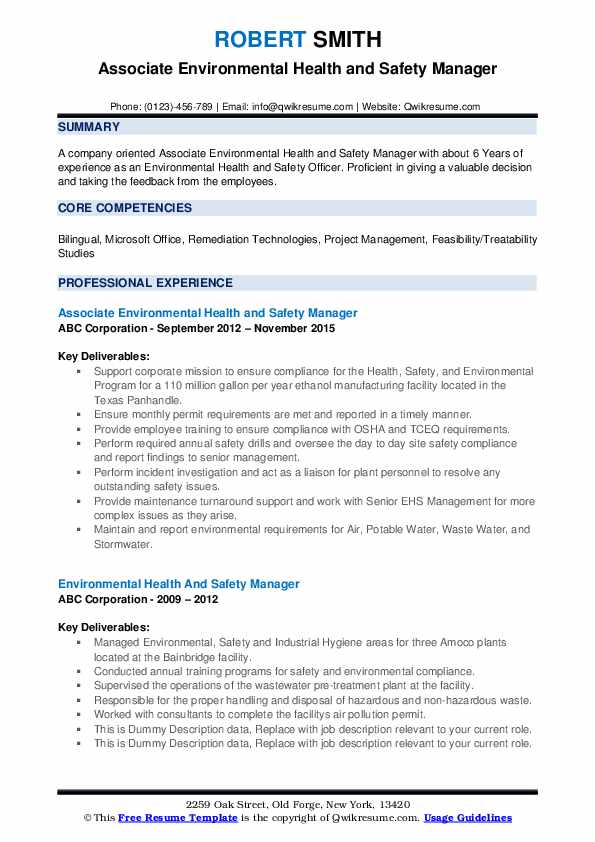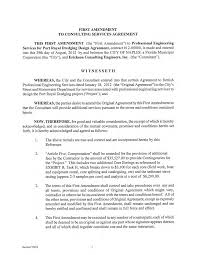
A common question is whether to be an employee or a contractor. We will be discussing the differences in these two models in this article. We'll be discussing the costs of contracts as well as how flexible and controllable they are. Some people prefer a contract. For others, however, contracting may be a better option.
Costs
Miscalculation of the time and effort required to hire people is a common error. Many business owners fail to account for labor costs. This can cause business owners to pay more than they should and affect their bottom lines. Andre may think Pete will run $45 an hr, but he doesn’t take into account the overhead of an employee. This can lead to a huge bill for the contractor.

Hiring a contractor will often cost more than hiring an employee. Business owners must not only pay payroll taxes on wages earned by employees, but also have to pay for workers' comp insurance and other benefits. While this is a more expensive option than hiring an employee, it can give the business more stability and increase the core capabilities of the company. However, hiring an independent contractor is more flexible than hiring employees. Businesses can end a contract before it becomes too expensive if the contractor is unreliable.
Onboarding
It is much more difficult to onboard a contractor than a regular employee. Onboarding a contractor is more complicated than it is for a regular employee. Companies often only use contractors when they really need them. There are many ways to make it easier for both the contractors and the companies. Here are some suggestions. o Be sensitive to the contractor's needs as you plan your onboarding process.
o Give new hires tools to manage personal boundaries. Remote workers must set personal boundaries and meet work-related requirements during work hours. It is important that agencies provide tools to assist new employees when contracting them. This will allow them to feel supported and fulfilled throughout their entire experience. Final goal of onboarding: smooth transition

Training
A key difference between employment and contracting is training. Training should be considered a long-term investment while the latter should be considered a temporary one. A well-trained employee can understand the workings of the company and provide additional value to the company beyond the delivery of work. Loyal employees will be loyal to the company and stay there for many years. A contractor's sole goal is to earn a paycheck, so he or she might only deliver mediocre results. An employee, however, is likely to go above and beyond the call of duty and put in extra effort.
FAQ
How much do consultants make?
Some consultants make over $100k per year. However, most consultants only make $25-$50k. The average salary for a consultant is $39,000. This includes both salaried as well hourly consultants.
Salary is dependent on experience, location and industry. It also depends on whether the consultant works from home or has a remote office.
Can anyone be a consultant?
Consultants are people who help you reach your goals by giving advice about how to make it better, faster, or cheaper.
A consultant can help you solve problems, make decision, or negotiate with people.
Many consultants are hired for specific projects and tasks.
In reality, consultants are generally paid hourly or daily rates and not per project.
What skills are necessary for consulting?
As a consultant, you should have both strong interpersonal skills and analytical skills. This is important because you are working on projects where you may not know exactly what you are doing. You must learn how to manage people and solve problems quickly.
Communication skills are essential. Most clients expect a reply within 24 hours. They assume that you won't respond if they don't hear from them within 24 hours. It's crucial to keep them informed and make sure they understand everything.
Do I need legal advice?
Yes! Yes. Consultants can often create contracts with clients, without seeking legal advice. However, this can lead to problems down the road. For example, what happens to the contract if the client terminates it before the consultant has completed? Or what happens if a consultant fails to meet the deadlines in the contract?
To avoid any potential problems, it is best to consult a lawyer.
Statistics
- According to IBISWorld, revenues in the consulting industry will exceed $261 billion in 2020. (nerdwallet.com)
- According to statistics from the ONS, the UK has around 300,000 consultants, of which around 63,000 professionals work as management consultants. (consultancy.uk)
- Over 62% of consultants were dissatisfied with their former jobs before starting their consulting business. (consultingsuccess.com)
- So, if you help your clients increase their sales by 33%, then use a word like “revolution” instead of “increase.” (consultingsuccess.com)
- My 10 years of experience and 6-step program have helped over 20 clients boost their sales by an average of 33% in 6 months. (consultingsuccess.com)
External Links
How To
What does a typical consultant's day look like?
Depending on what type of work you do, your typical day may vary. But generally speaking, you will spend time researching and planning new ideas, meeting clients, and preparing reports.
You will often have meetings where you discuss issues and problems with clients. These meetings can be done over the phone or via email.
It is possible that you will be asked to write proposals. These documents outline your ideas and plans, and are required by clients. These proposals should be discussed with a mentor or colleague before being presented to clients.
After all the preparation, you'll need to start creating content. Writing articles, designing websites, editing photos or conducting interviews are just some of the options.
Based on the scope and complexity of the project you may need research to obtain relevant statistics. For instance, you might want to find out how many people you have and if they are buying more than just one product or service.
Once you have gathered enough information, it's time to present your findings to clients. You can present your findings verbally or in writing.
After your initial consultation, you should follow up with your clients. You might contact them regularly to check on their progress or send them emails to confirm they have received your proposal.
This process takes time, but it's important to ensure that you stay focused and maintain good relationships with clients.